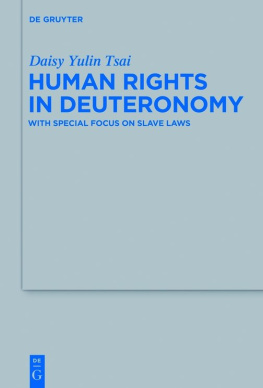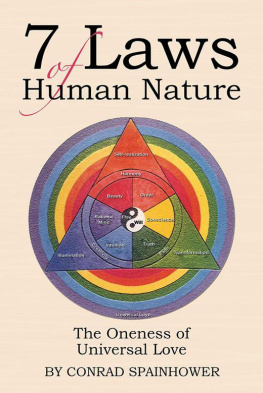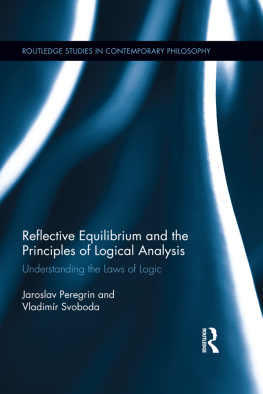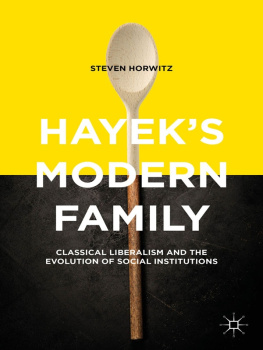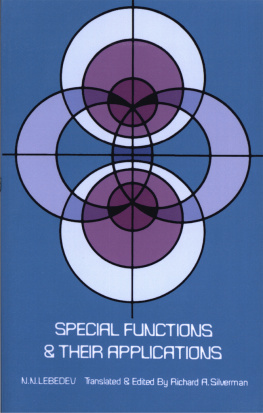The Functions of Law
Kenneth M. Ehrenberg
(p.iv) 
- Great Clarendon Street, Oxford, OX2 6DP, United Kingdom
- Oxford University Press is a department of the University of Oxford.
- It furthers the Universitys objective of excellence in research, scholarship,
- and education by publishing worldwide. Oxford is a registered trade mark of
- Oxford University Press in the UK and in certain other countries
- The moral rights of the author have been assertedFirst Edition published in 2016
- All rights reserved. No part of this publication may be reproduced, stored in
- a retrieval system, or transmitted, in any form or by any means, without the
- prior permission in writing of Oxford University Press, or as expressly permitted
- by law, by licence or under terms agreed with the appropriate reprographics
- rights organization. Enquiries concerning reproduction outside the scope of the
- above should be sent to the Rights Department, Oxford University Press, at the
- address above
- You must not circulate this work in any other form
- and you must impose this same condition on any acquirer
- Crown copyright material is reproduced under Class Licence
- Number C01P0000148 with the permission of OPSI
- and the Queens Printer for Scotland
- Published in the United States of America by Oxford University Press
- 198 Madison Avenue, New York, NY 10016, United States of America
- British Library Cataloguing in Publication Data
- Data available
- Library of Congress Control Number: 2016930708
- ISBN 9780199677474
- Printed and bound by
- CPI Group (UK) Ltd, Croydon, CR0 4YY
- Links to third party websites are provided by Oxford in good faith and
- for information only. Oxford disclaims any responsibility for the materials
- contained in any third party website referenced in this work.
(p.v) Dedication
For Sara (p.vi)
Contents
(p.vii) Acknowledgments
I would like to thank the following individuals and organizations, without whose support and advice this book would not have been possible.
Veronica Rodriguez-Blanco, Michael Giudice, George Pavlakos, Karin Boxer, David Enoch, Scott Shapiro, Detlef von Daniels, Tomasz Gizbert-Studnicki, Gurpreet Rattan, John Gardner, Les Green, Julie Dickson, Ken Himma, Norvin Richards, Fred Schauer, Ekow Yankah, Mark Murphy, Guyora Binder, William Twining, Dennis Patterson, Corrado Roversi, Zsofia Zvolenszky, Luka Burazin, Haris Psarras, John Searle, Amie Thomasson, Lucas Miotto, Cindy Phillips, James Specyal, Triantafyllos Gkouvas, Michael Pardo, Neil Williams, Randy Dipert, Barry Smith, Ken Shockley, my colleagues in the Philosophy Department of the University of Alabama, University College and the Oxford Centre for Ethics and Philosophy of Law, the University of Alabama Research Grants Committee, Mr. Ernest Sanford Williams and the Williams Fund of the University of Alabama, the Oxford Reading Group on the philosophy of action, the participants in the 2015 Krakow Workshop in Legal Philosophy, the participants in the 2015 Spring Workshops of the Edinburgh Legal Theory Research Group, my brother, Ethan, and my wife, Hanako.
I continue to be thankful to my dissertation committee, with whom I worked on some of these ideas in embryonic form: Jeremy Waldron, Joseph Raz, Jules Coleman, Stephen Perry, and Stephanie Beardman.
The following sections in the book draw on previously published work:
Chapter , Section C: Accepted for publication as Law as Plan and Artifact (2016, forthcoming) 7 Jurisprudence.
Chapter
(p.xi) List of Abbreviations
1 Introduction
This book was conceived as a response to a certain surprise I felt as I began to investigate the methods of legal philosophy. It seemed surprising that some very prominent philosophers, with whose theories I largely agreed, tended to downplay the role of laws functionality in their explanations of the nature of law. At the same time, many of the philosophers with whom I had more points of disagreement were the ones who made laws functionality a matter of central concern.
Of course, this led me to some doubt about my own convictions and powers of discernment. On the one hand, it seemed pretty obvious to me that law was a creation of human beings, a tool they used to alter or maintain social arrangements, to incentivize behaviors deemed valuable to the community (or to an influential subset of the community), and to solve certain social problems. As such, it seemed a natural starting place to analyze the nature of law in terms of those functions that its creators understood it to perform. (This does not imply anything about the relevance of drafters intentions to the interpretation and application of law once enacted.) When we talk about individual laws, clearly there are a wide variety of purposes that legislatures, judges, monarchs, dictators, and caretakers have for their various legal enactments and decisions. It isnt immediately clear that these purposes can be systematized or described generally to capture an overall function for legal systems generally, or law itself. But my sense was that, as a kind of tool with many different applications, there would still be some general way of characterizing what law was for.
On the other hand, it seemed as though it was more common to find arguments from laws function among those philosophers who argue for an (p.2) essential goodness or moral purpose to law that extends beyond what we actually see in it or make of it. Natural lawyers hold that laws function is to provide for the common good, and that therefore there is an essential rationality against which laws as articulated by human beings must be measured. Insufficiently rational laws are therefore legally deficient (and not just morally or rationally deficient). Interpretivists such as Ronald Dworkin hold that the law justifies state action or inaction, especially regarding the use of force, by embodying and articulating the moral and political principles that the community holds dear. But then consistency with those principles is what determines whether some piece of legislation or a court decision is legally invalid. As a result, the legal validity of an enactment can be unmoored from the beliefs of those who create, follow, and apply the law. Theorists of these views tend to see their particular take on laws functionality as leading them away from seeing law as merely a tool of human creation, since it is somehow meant to capture or reflect these higher principles and aspirations.


